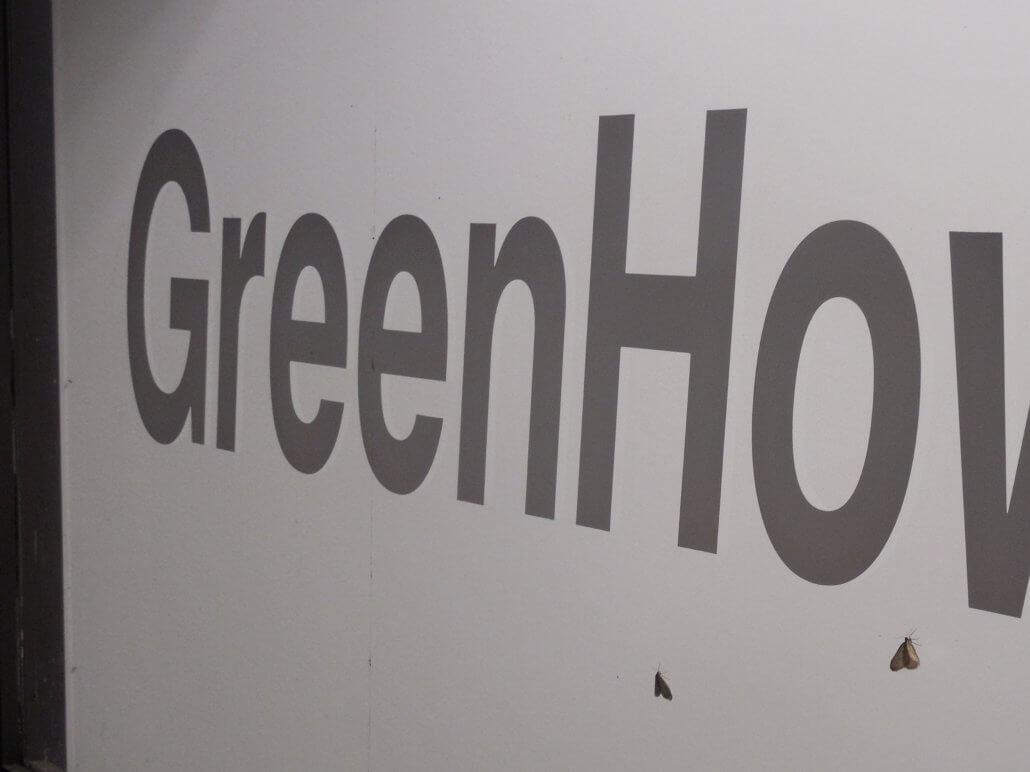Do I need to treat for winter moth and gypsy moth in Massachusetts?
Great news! Two local enemies of ornamental plants – winter moth and gypsy moths – are not problems we will face this spring. Over the past few years the winter moth population has been declining in eastern Massachusetts.
The winter moth was controlled by an introduced parasitic fly, known as Cyzenis Albicans, that only attacks Winter Moths. Joseph Elkinton and George Boettner, both entomologists at UMASS, reared and released this fly that has established a presence and keeps the winter moth population in balance. Gypsy moth has declined to the point of not being managed due to the resurgence of two of the gypsy moths natural enemies, Entomophaga maimaiga, an airborne fungus that kills gypsy moth caterpillars and nucleopolyhedrosis virus (NPV).

Last year we took most sites from two applications for winter moth to a single application. This year based on the surveys from the winter and the information we have from the University of Massachusetts extension service there is no need to perform the defoliating caterpillar applications. We will not perform applications for defoliating caterpillars this spring unless you request them.
What does this mean?
If you have prepaid for a defoliating caterpillar application the prepay amount will be refunded or applied to a different service if you wish. We are still equipped to handle defoliating caterpillars and if you suspect something is wrong and you have an active infestation, we will come out and treat within 24 hours on the next weather appropriate day. If you are on a plant health care program with monthly inspections we will continue to scout for defoliating caterpillars as part of the routine scouting and treat as needed.
If populations of either insect rebound, we will recommend putting your property on preventative maintenance spraying to control winter and gypsy moths.
